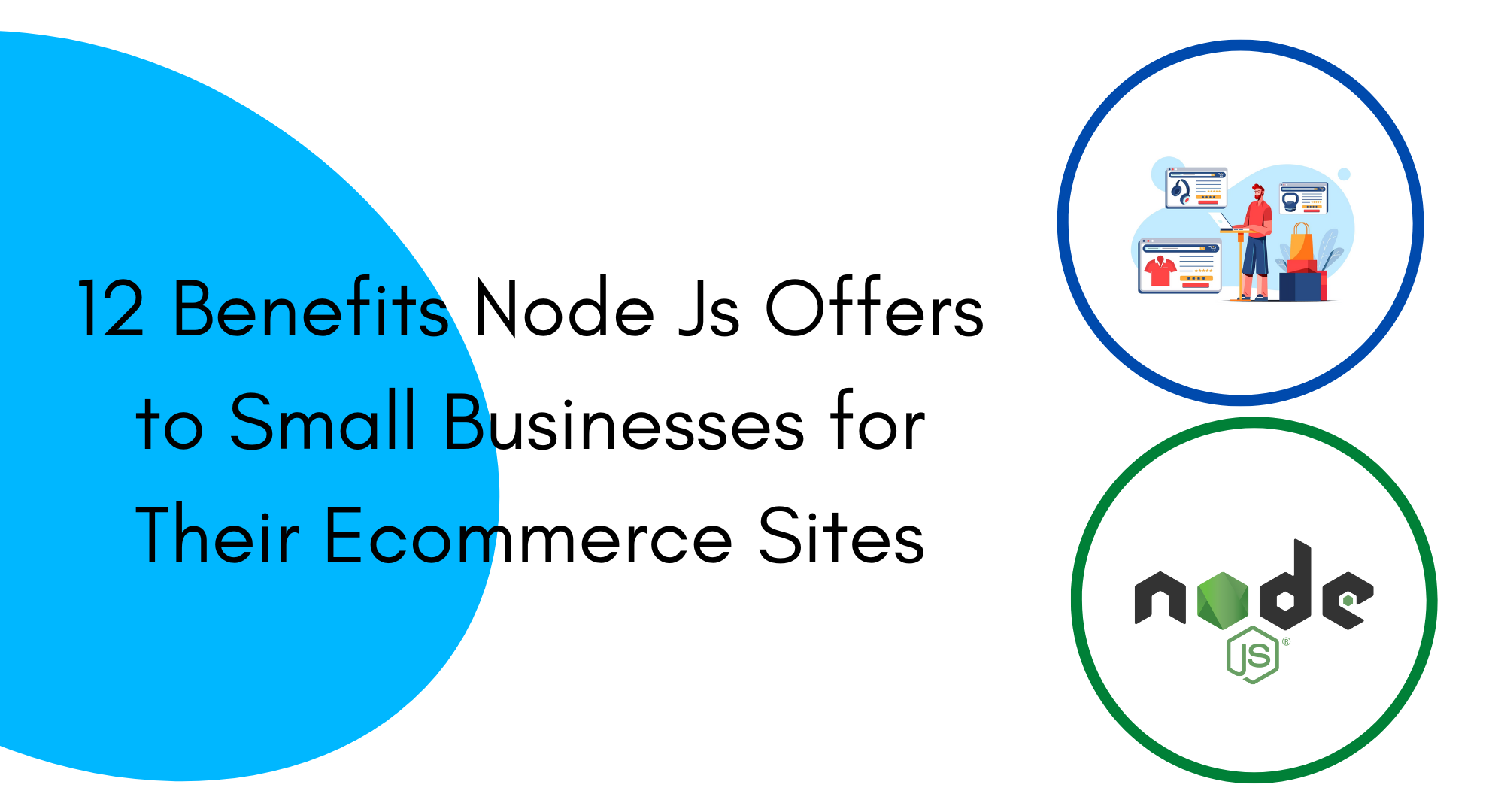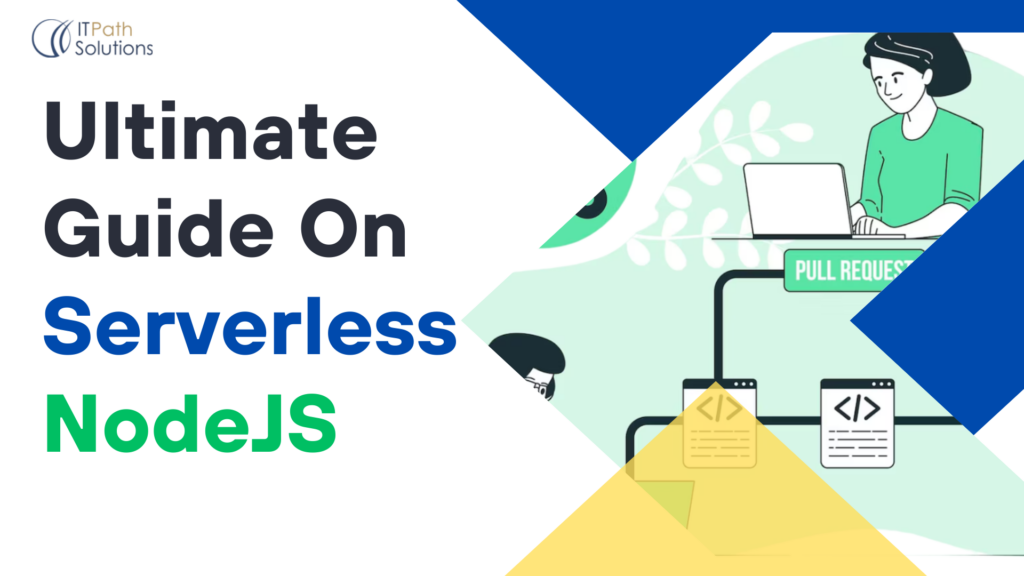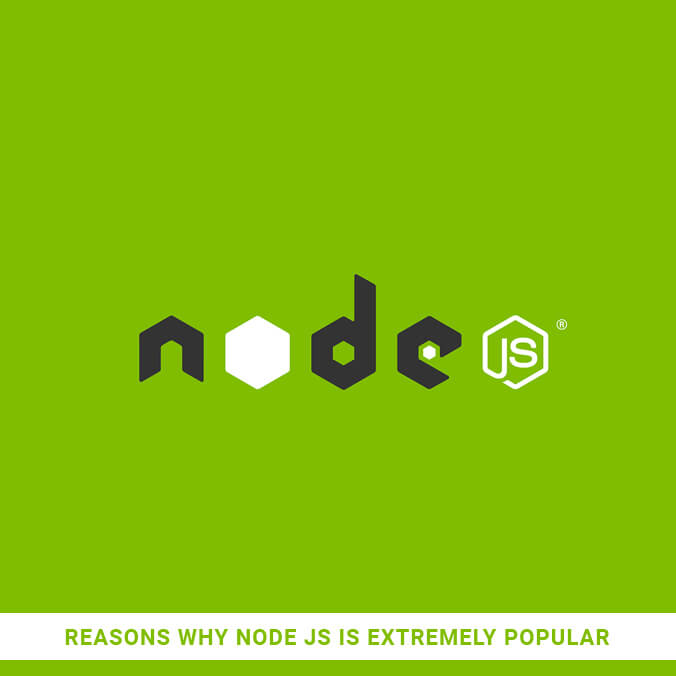12 Benefits Node Js Offers to Small Businesses for Their Ecommerce Sites

Benefits of Node js
Node.js is a popular open-source, cross-platform JavaScript runtime environment that is built on the V8 JavaScript engine of Google Chrome. It is widely used for developing scalable, high-performance applications, including ecommerce websites. In this blog, we will explore how Node.js can be helpful for ecommerce websites and the advantages it offers to online retailers.
- Speed and Scalability Node.js is designed to handle large-scale applications with high concurrency, which makes it an ideal choice for ecommerce websites that require fast processing of large amounts of data. The non-blocking I/O architecture of Node.js enables it to handle a high volume of requests with minimal resource usage. This means that ecommerce websites built with Node.js can handle a large number of users and transactions simultaneously without slowing down or crashing. The speed and scalability of Node.js can help ecommerce websites to offer a seamless user experience to their customers, which can lead to increased customer satisfaction and loyalty.
- Real-time Data Node.js enables ecommerce websites to update data in real-time without the need for a page refresh. This means that customers can view the latest product inventory, pricing, and availability without having to reload the page. Real-time data also allows e-commerce websites to implement features such as live chat, customer support, and personalized recommendations, which can enhance the user experience and increase sales.
- Full-stack JavaScript Node.js is built on JavaScript, which means that developers can use a single language for both client-side and server-side development. This allows for faster development cycles and easier code maintenance. Node.js also has a large community of developers who contribute to the development of open-source libraries and tools that can be used for ecommerce website development. Some of the popular Node.js libraries for ecommerce websites include Express.js for web application development, Socket.IO for real-time communication, and Passport.js for authentication.
- Microservices Architecture Node.js is well-suited for implementing a microservices architecture, which is a modular approach to application development where different components of an application are developed and deployed independently. This allows for greater flexibility, scalability, and fault tolerance. Ecommerce websites can benefit from a microservices architecture by breaking down complex processes such as order management, payment processing, and shipping into smaller, more manageable services. This can help to reduce development time, increase scalability, and improve the overall performance of the website.
- Easy Integration with Existing Systems Ecommerce websites often need to integrate with third-party systems such as payment gateways, shipping providers, and customer relationship management (CRM) tools. Node.js makes it easy to integrate with these systems through its built-in support for RESTful APIs and JSON data format. This enables ecommerce websites to exchange data with external systems in a fast and efficient manner. Node.js also has a large number of pre-built modules and libraries that can be used for integration with popular third-party systems.
- SEO Optimization Search engine optimization (SEO) is critical for ecommerce websites to attract organic traffic and increase visibility in search engine results pages (SERPs). Node.js can help ecommerce websites to optimize for SEO through its server-side rendering capabilities. Server-side rendering allows search engines to crawl and index the content of the website, which can improve the website’s search engine rankings. Node.js also has built-in support for Google’s Accelerated Mobile Pages (AMP) technology, which can improve the website’s mobile-friendliness and page load speed.
- Event-driven Architecture Node.js uses an event-driven architecture that enables developers to write code that responds to events in real-time. This makes it easy to implement features such as notifications, alerts, and real-time updates. For ecommerce websites, this can be useful for notifying customers about new products, promotions, and order updates.
- Cross-platform Compatibility Node.js is cross-platform compatible, which means that developers can build ecommerce websites that can be accessed from any device or operating system. This is important for ecommerce websites because customers may use different devices to access the website, including smartphones, tablets, laptops, and desktops. By using Node.js, ecommerce websites can provide a seamless user experience across all devices.
- DevOps Integration Node.js integrates well with DevOps tools such as Jenkins, Docker, and Ansible, which can help ecommerce websites to streamline their development and deployment processes. DevOps integration can help ecommerce websites to reduce development time, improve code quality, and increase scalability.
- Community Support Node.js has a large and active community of developers who contribute to the development of open-source libraries and tools. This community support can be helpful for ecommerce websites because it provides access to a wide range of resources, including documentation, tutorials, and forums. Developers can also collaborate with other developers to solve problems and share best practices.
- Faster Load Times Node.js can help to improve the load times of ecommerce websites by using techniques such as caching and minification. Caching enables frequently accessed data to be stored in memory, which can reduce the time required to retrieve data from a database or external system. Minification reduces the size of files by removing unnecessary characters, which can improve the download speed of the website.
- Enhanced Security: Node.js can help to enhance the security of ecommerce websites by using techniques such as encryption, token-based authentication, and role-based access control. Encryption protects sensitive data such as passwords and payment information from unauthorized access. Token-based authentication enables users to access the website without having to enter their credentials each time they visit the website. Role-based access control enables administrators to control who can access certain features or data on the website.
Conclusion
In conclusion, Node.js offers a wide range of benefits for ecommerce websites, including speed and scalability, real-time data, full-stack JavaScript, microservices architecture, easy integration with existing systems, and SEO optimization. These advantages can help ecommerce websites to provide a better user experience, increase sales, and stay competitive in today’s fast-paced online marketplace. If you are planning to build an ecommerce website or upgrade an existing one, consider using
 Healthcare
Healthcare  Education
Education  Real Estate
Real Estate  Logistic
Logistic  Themes
Themes
 Plugins
Plugins
 Patterns
Patterns



